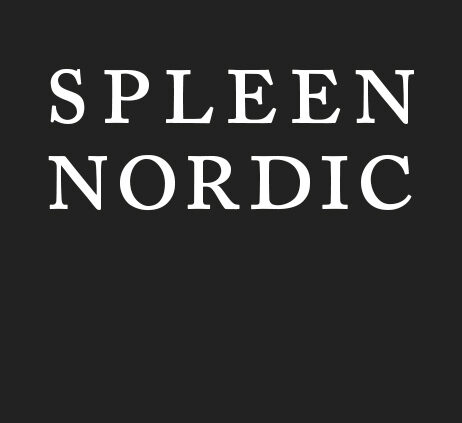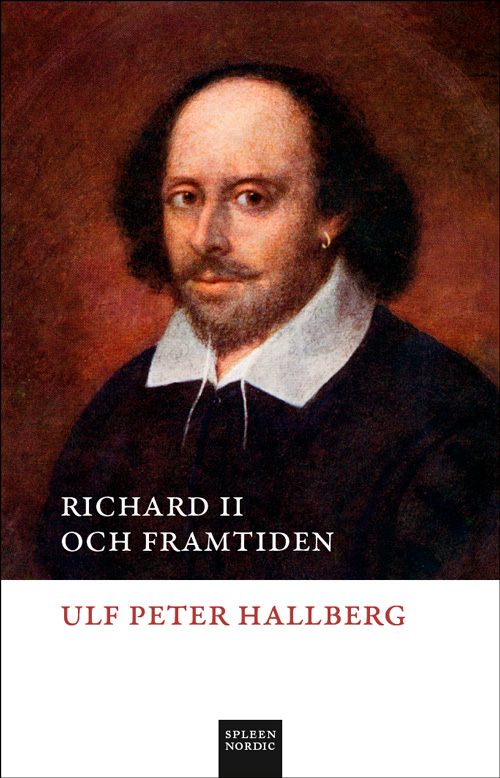Richard II och framtiden
Ulf Peter Hallberg
110 s. Häftad. Illustrerad.
Richard II och framtiden är ett drama på blankvers, en poetisk berättelse om William Shakespeare, Christopher Marlowe, den elisabetanska teaterns London och Esthers liv. Här skildras en värld i sönderfall på grund av sjukdom och smitta, tidsresor som innefattar renässansens mörker, murens fall 1989, östra Europas nuvarande politiska dilemma och den härjande coronaepidemin. Den unga kvinnan Esther från Ungern tar sig genom Silverporten till pestens London 1593. Hon konfronteras med Shakespeares favoritskådespelare Burby och Kempe.
Burby (som Will):
Allt är förbjudet, teatrarna är stängda.
Var mänska är den andres fiende.
Kempe, harklar sig:
Nån harklar sig så där och smittan sprids.
Han nyser i armvecket.
Burby hoppar förskräckt undan.
Burby:
En nysning, det är rena mordredskapet!
***
An honest discussion in blank verse about hope, decline, and the meaning of art in the glare of a changing world.
A small theatre in London, closed. The year is 1593. Outside, the plague rages like wildfire. A third of the population face death. An unexpected visitor from the future appears as a messenger.
In the abandoned theatre, Shakespeare’s favourite actors, Burby and Kempe, rehearse the text that will become Richard II. Their isolation is broken when Esther, a young woman from Hungary on a journey through time, storms in. Her thoughts and questions pour over the stage.
She tells of starry nights in India, Marlowe’s murder, Órban’s Hungary, Pink Floyd and Tinder. What message does she bring from the future?
A new play by “one of Sweden’s most important living writers”, Ulf Peter Hallberg’s Richard II and the Future is an honest discussion of hope, decline, and the meaning of art in the glare of a changing world.
KÖP

Home · About Us · Books
Jorden under oss · Ensamhetens strategier · Mot Sainte-Beuve · La légende du roi de la peste · Brev till fadern om La Boéties död · Family Life · Richard II och framtiden · Berlin Transit · Tredje rikets fruktan och elände · Barndom i Berlin kring 1900
